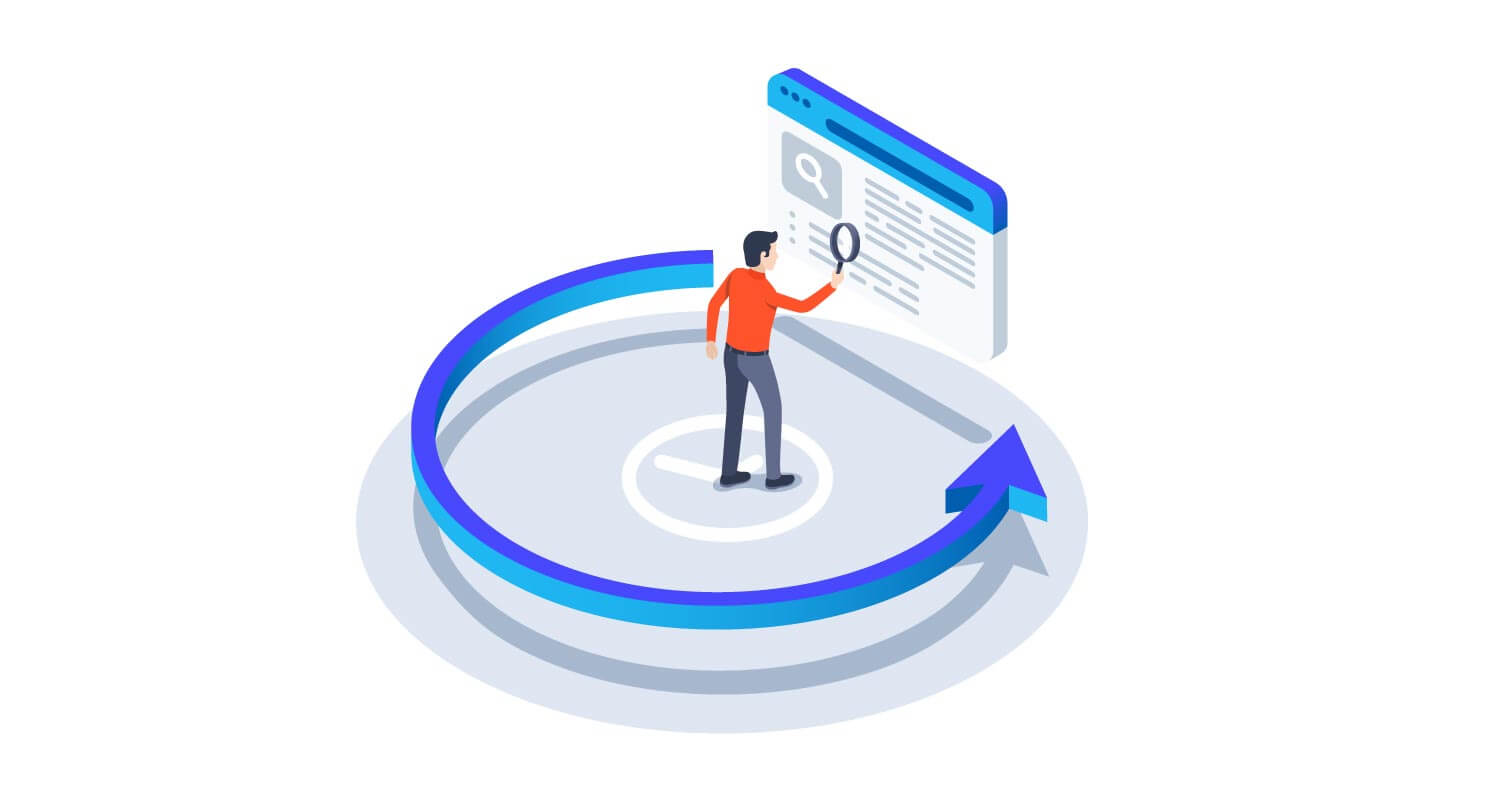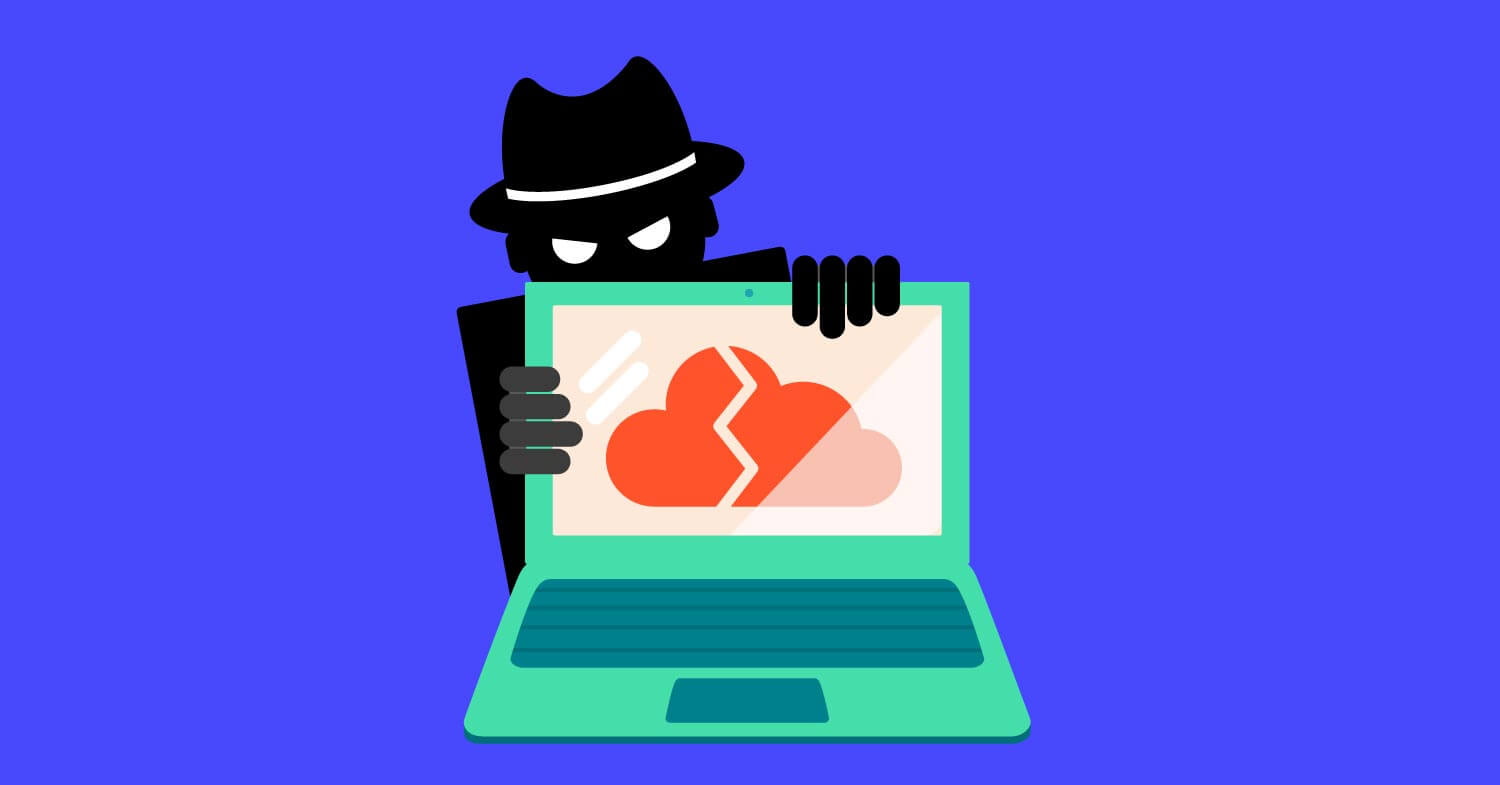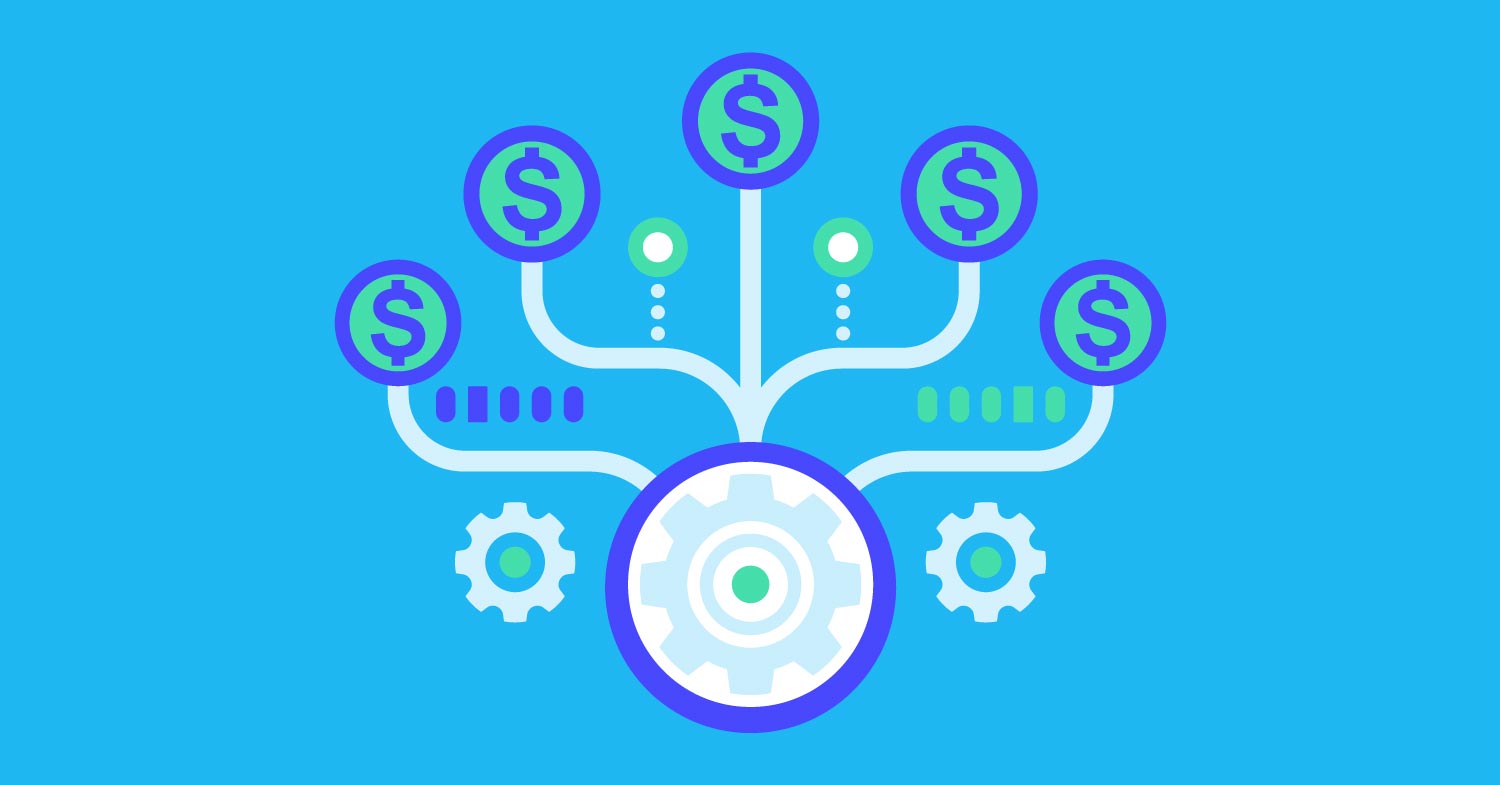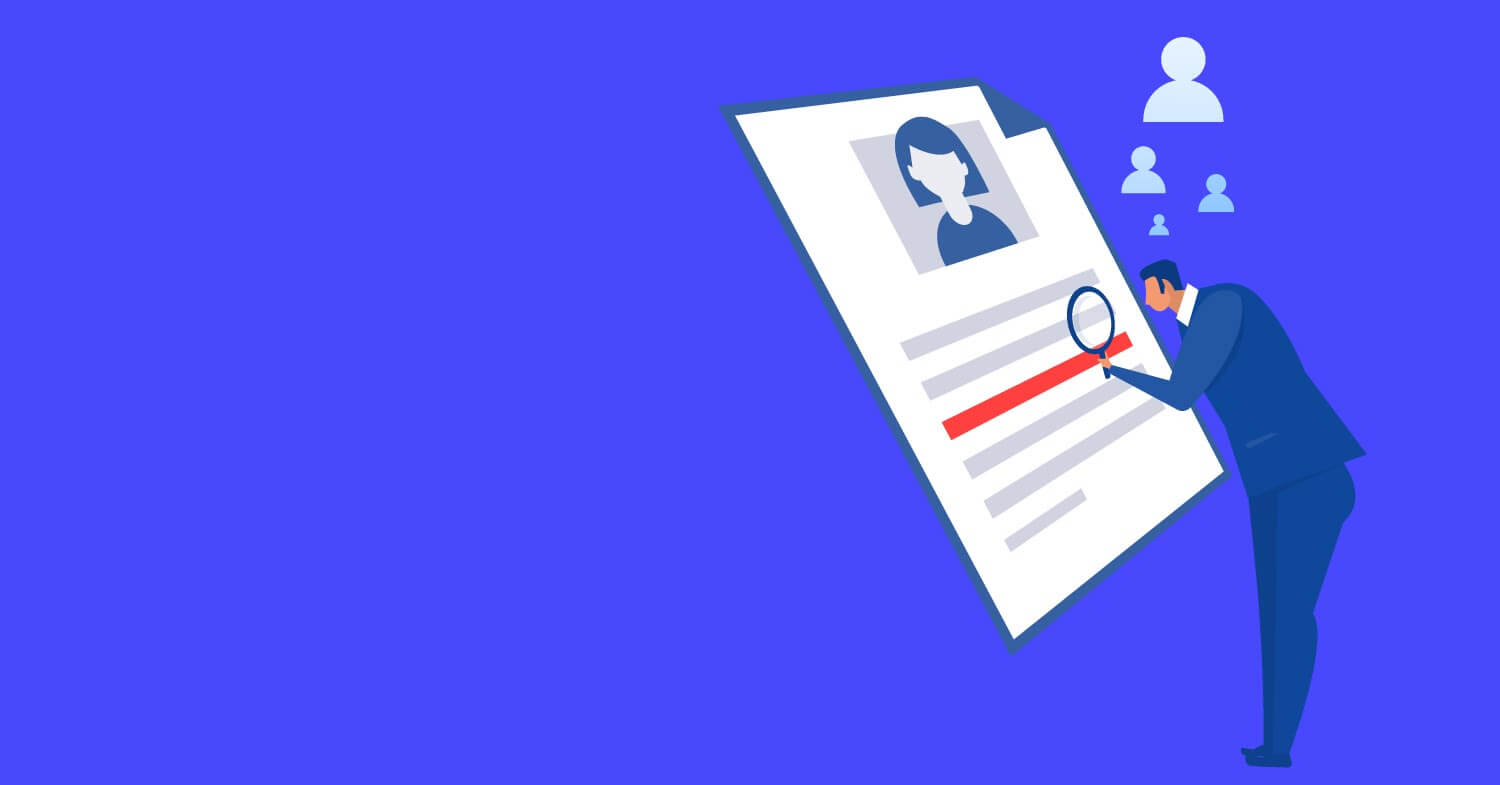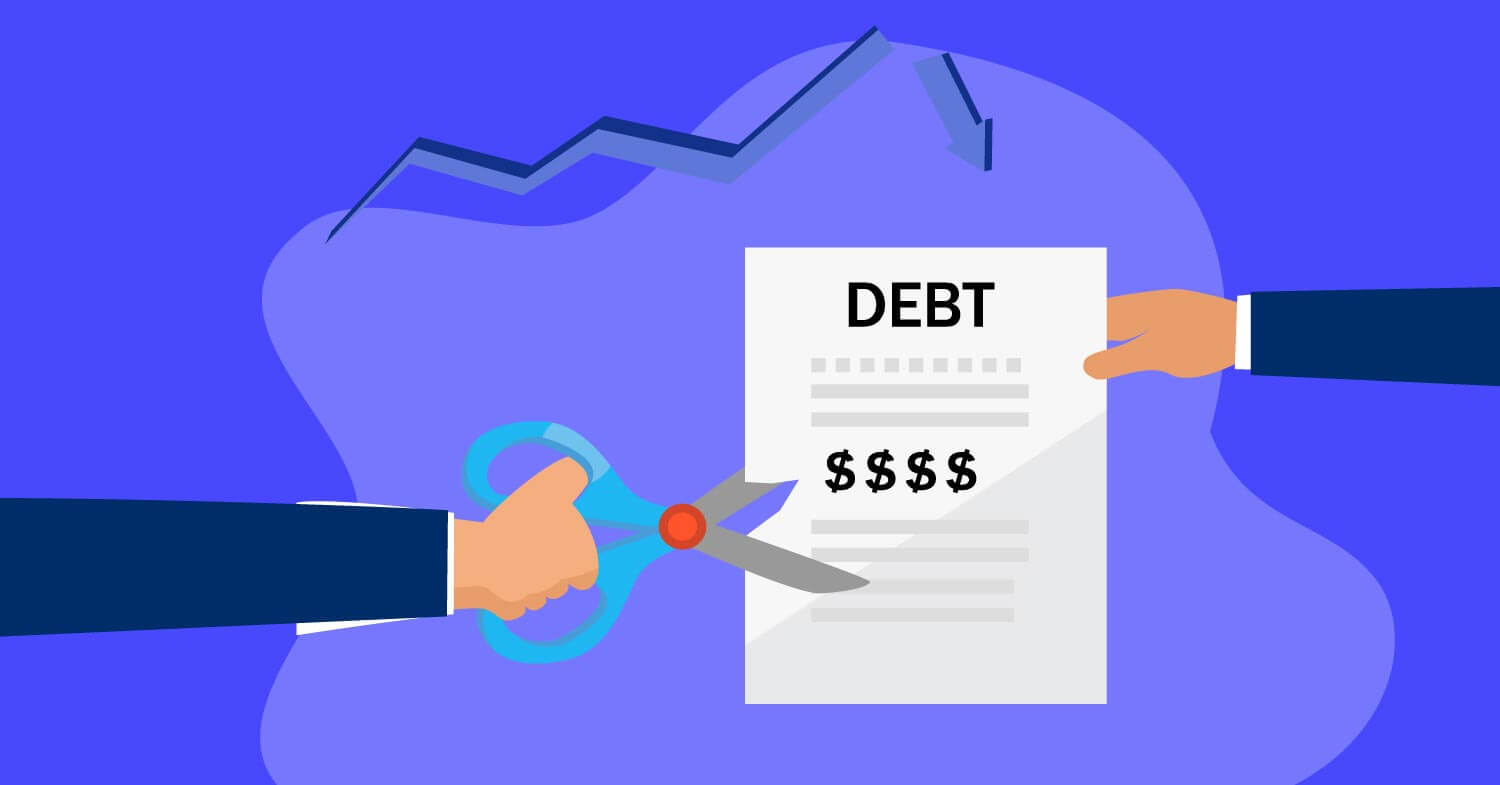What is Ongoing Monitoring?
A key part of reducing risk and maintaining strong business relationships is being able to access information to know your customers (KYC), vendors, and third-parties. Not only is gathering information about these people important for customer due diligence and customer and vendor risk assessment, but it helps you implement better procedures in your business for … Read more

